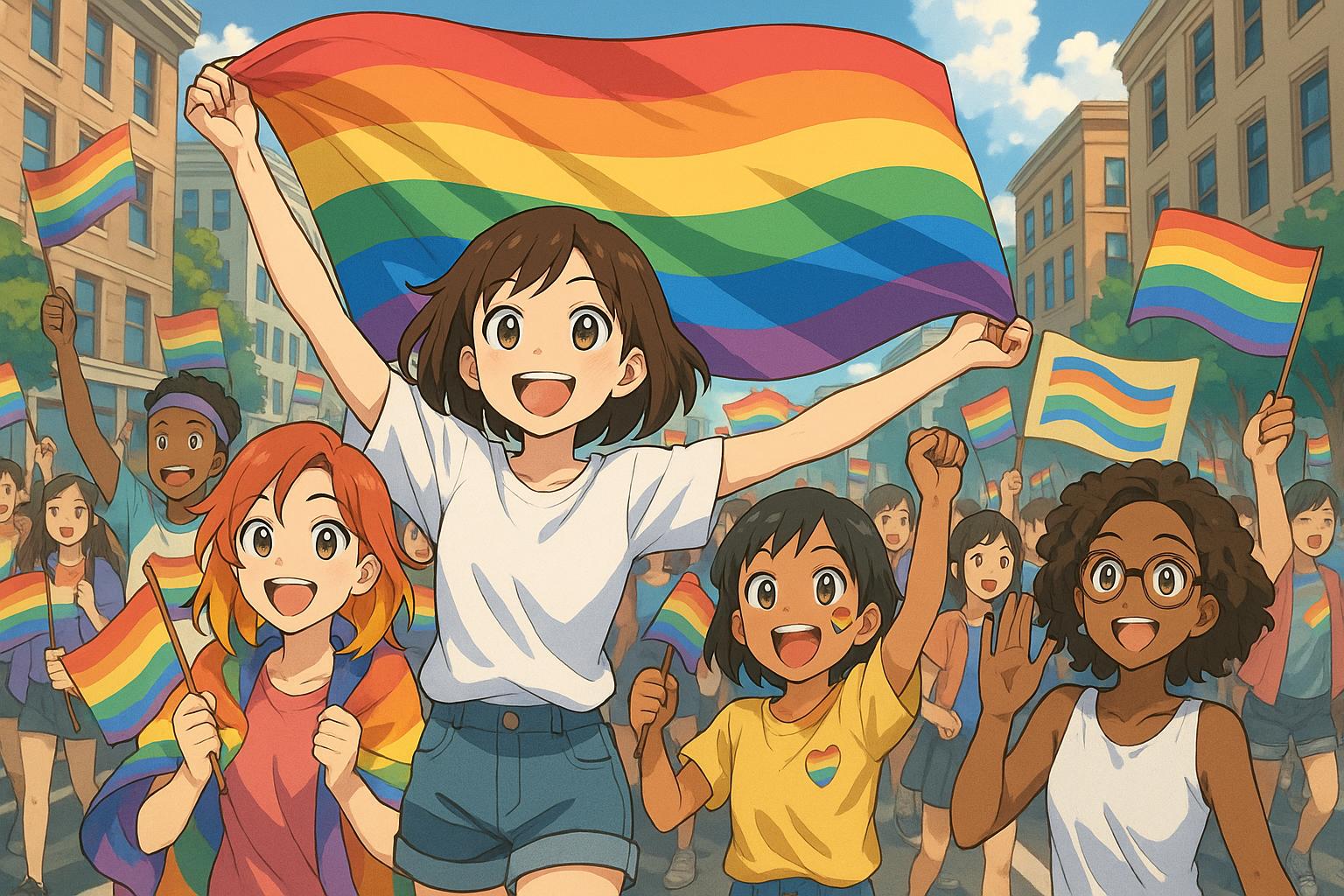In a bold move, the organisers of Brighton Pride announced on May 12 that political parties will be barred from participating in the city's Pride events. This decision follows a recent Supreme Court ruling that established a definition of women's gender based on biological sex, sparking concern about a potential rollback of rights for trans individuals. The decision marks a significant moment for the Pride movement, which has historically been rooted in activism for LGBTQ+ rights.
Local MPs have largely expressed their understanding and support for this action. Siân Berry, the Green MP for Brighton Pavilion, stated, “I absolutely respect this decision” and pointed out that the role of politicians in undermining trust within the trans community cannot be overlooked. She articulated the dangers posed by such political rhetoric, which she believes fosters a climate conducive to harassment and abuse. Berry emphasised that attendees of Pride should not feel uncomfortable due to the presence of parties promoting division, reaffirming the event's legacy as a cultural protest intent on championing progress within LGBTQ+ rights.
In a similar vein, Peter Kyle, the Labour MP for Hove and Portslade, acknowledged the long-standing history of the Labour Party in advocating for LGBTQ+ rights, lamenting the suspension of political participation at this year’s event. He confirmed ongoing discussions with Pride organisers, expressing hope for a more inclusive atmosphere in future celebrations.
The organisers of Brighton Pride elaborated on their reasoning, declaring: "This is not a symbolic gesture. It is a direct call for accountability and a refusal to platform those who have not protected our rights." They outlined a range of demands directed at political entities, including enforceable protections under the Equality Act, improved access to NHS gender-affirming healthcare, and sustainable funding for trans-led initiatives. These stipulations reflect a call for genuine allyship rather than mere promises, highlighting the urgent necessity for every party to stand unequivocally with the LGBTQ+ community.
This year’s Pride festival, scheduled for August 2 and 3, is anticipated to be a vibrant celebration of inclusivity, marked by performances, community activities, and a street party featuring a drag stage and diverse music zones. In a noteworthy addition, pop icon Mariah Carey is set to headline the historic event, marking her first UK performance since 2019, following a previously cancelled show in 2020 due to the COVID-19 pandemic. Carey has long been celebrated as an ally to the LGBTQ+ community, having received the GLAAD Ally Award in 2016 for her advocacy.
The excitement surrounding this year’s event is palpable, particularly as it aligns with the broader context of defending and advancing LGBTQ+ rights amidst ongoing societal challenges. As Brighton Pride continues to evolve, it underscores the importance of maintaining an environment where dialogue around inclusivity and acceptance can flourish, ensuring that all voices within the LGBTQ+ spectrum are heard and valued.
The decision to bar political representation at Pride will also extend to events in other cities, including London, Manchester, and Birmingham, setting a precedent that could influence future LGBTQ+ celebrations across the UK.
As Brighton Pride approaches, the dual themes of celebration and advocacy remain vital. The event not only commemorates the rich history of the LGBTQ+ movement but also serves as a clarion call for ongoing progress and protection of rights for the community, with demands that echo well beyond the summer festivities.
Reference Map
- Paragraphs 1, 2, 3, 4, 5, 6, 7, 8.
- Paragraphs 4, 6.
- Paragraphs 6, 8.
- Paragraphs 6, 8.
- Paragraph 6.
- Paragraph 8.
- Paragraph 8.
Source: Noah Wire Services
